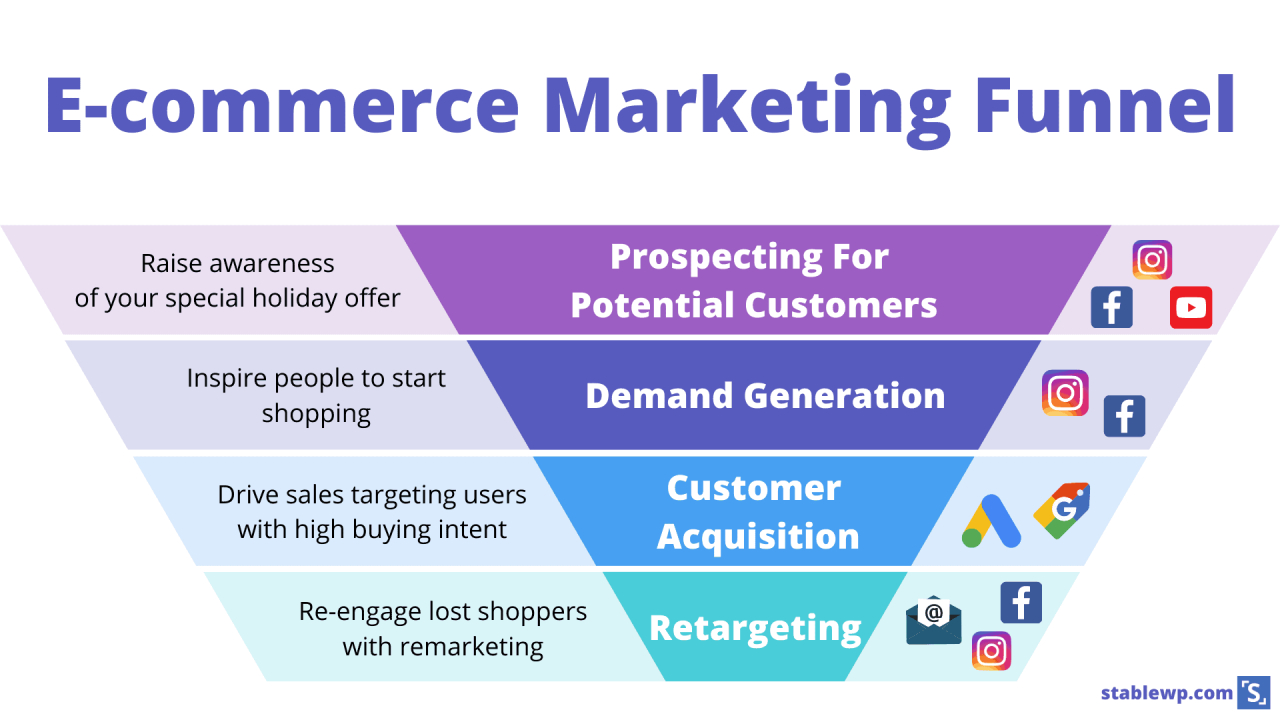Navigating Digital Success: Internet Commerce Strategies
In the ever-evolving landscape of commerce, internet-based strategies have become instrumental for businesses aiming to thrive in the digital realm. Explore effective internet commerce strategies that pave the way for digital success.
Understanding the Shift to Internet Commerce
The shift to internet commerce, often referred to as e-commerce, has transformed how businesses operate and connect with consumers. Understanding this shift is the first step in developing effective strategies. From online retail to digital services, the internet has become a primary avenue for commerce across various industries.
Optimizing User Experience in Online Platforms
A seamless user experience is paramount in internet commerce. Optimization involves ensuring that online platforms are user-friendly, responsive, and easy to navigate. Strategies include intuitive website design, mobile responsiveness, and streamlined checkout processes. A positive user experience contributes significantly to customer satisfaction and retention.
Utilizing Data Analytics for Informed Decision-Making
Data analytics plays a pivotal role in shaping internet commerce strategies. Businesses harness data to gain insights into consumer behavior, preferences, and market trends. Analyzing this information empowers businesses to make informed decisions, tailor marketing strategies, and optimize their product or service offerings to meet customer demands.
Implementing Omni-Channel Commerce Approaches
Omni-channel commerce involves seamlessly integrating various channels, both online and offline, to provide a unified customer experience. Strategies may include synchronizing inventory across platforms, offering click-and-collect services, and ensuring consistent branding and messaging. An omni-channel approach enhances accessibility and engagement for consumers.
Embracing Mobile Commerce Trends
Mobile commerce, or m-commerce, is a dominant force in internet commerce. Strategies for success involve optimizing websites for mobile devices, developing mobile apps, and incorporating mobile-friendly payment options. Embracing mobile commerce trends ensures that businesses meet the preferences of consumers who increasingly shop and transact on their smartphones.
Capitalizing on Social Commerce Platforms
Social media platforms have become integral to internet commerce. Capitalizing on social commerce involves leveraging platforms like Instagram and Facebook for product discovery and transactions. Businesses create a seamless shopping experience within social media, utilizing features such as in-app shopping and shoppable posts to drive sales.
Ensuring Cybersecurity in Internet Transactions
With the rise of internet commerce comes the imperative of ensuring cybersecurity. Strategies include implementing secure payment gateways, employing encryption technologies, and educating consumers about online security practices. Establishing trust and safeguarding customer information is crucial for the success and reputation of internet commerce businesses.
Personalizing Customer Engagement through AI
Artificial Intelligence (AI) is a game-changer in internet commerce strategies. AI algorithms analyze customer data to provide personalized recommendations, enhance customer service through chatbots, and predict consumer preferences. Personalized customer engagement builds loyalty and enhances the overall shopping experience.
Exploring E-Commerce Trends and Innovations
Staying abreast of e-commerce trends and innovations is a strategy in itself. Businesses need to continuously explore emerging technologies such as augmented reality (AR) for virtual try-ons, voice commerce, and blockchain for secure transactions. Embracing innovations ensures that businesses remain competitive and aligned with evolving consumer expectations.
Focusing on Sustainability in E-Commerce Practices
Sustainability has become a significant consideration in internet commerce. Strategies include adopting eco-friendly packaging, transparent supply chain practices, and promoting ethical consumption. Aligning e-commerce practices with sustainability initiatives not only appeals to environmentally conscious consumers but also contributes to a positive brand image.
In conclusion, navigating digital success in internet commerce requires a strategic and adaptive approach. From optimizing user experience to embracing emerging technologies and sustainable practices, businesses can thrive in the dynamic landscape of online commerce. For more insights into effective internet commerce strategies, visit homecontractorzs.info. Explore resources to elevate your digital commerce game and stay ahead in the evolving market.

